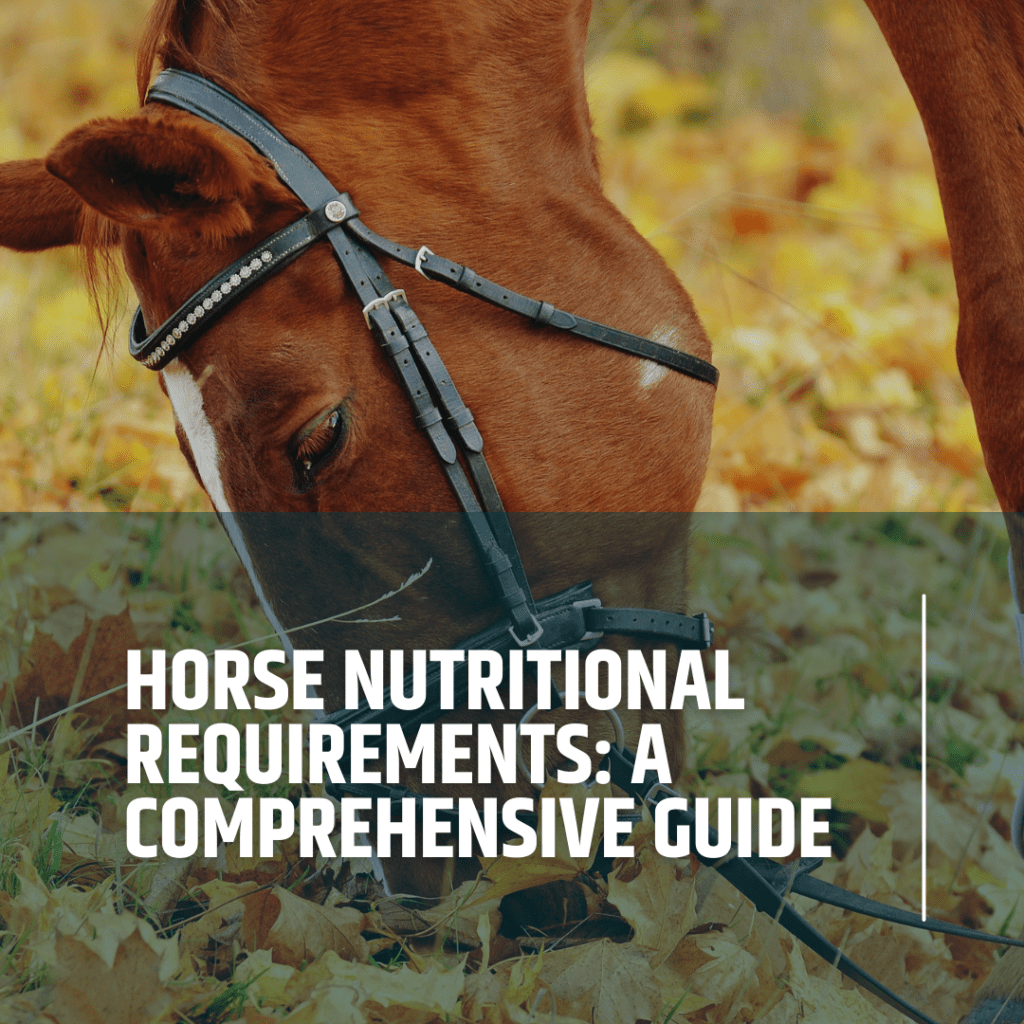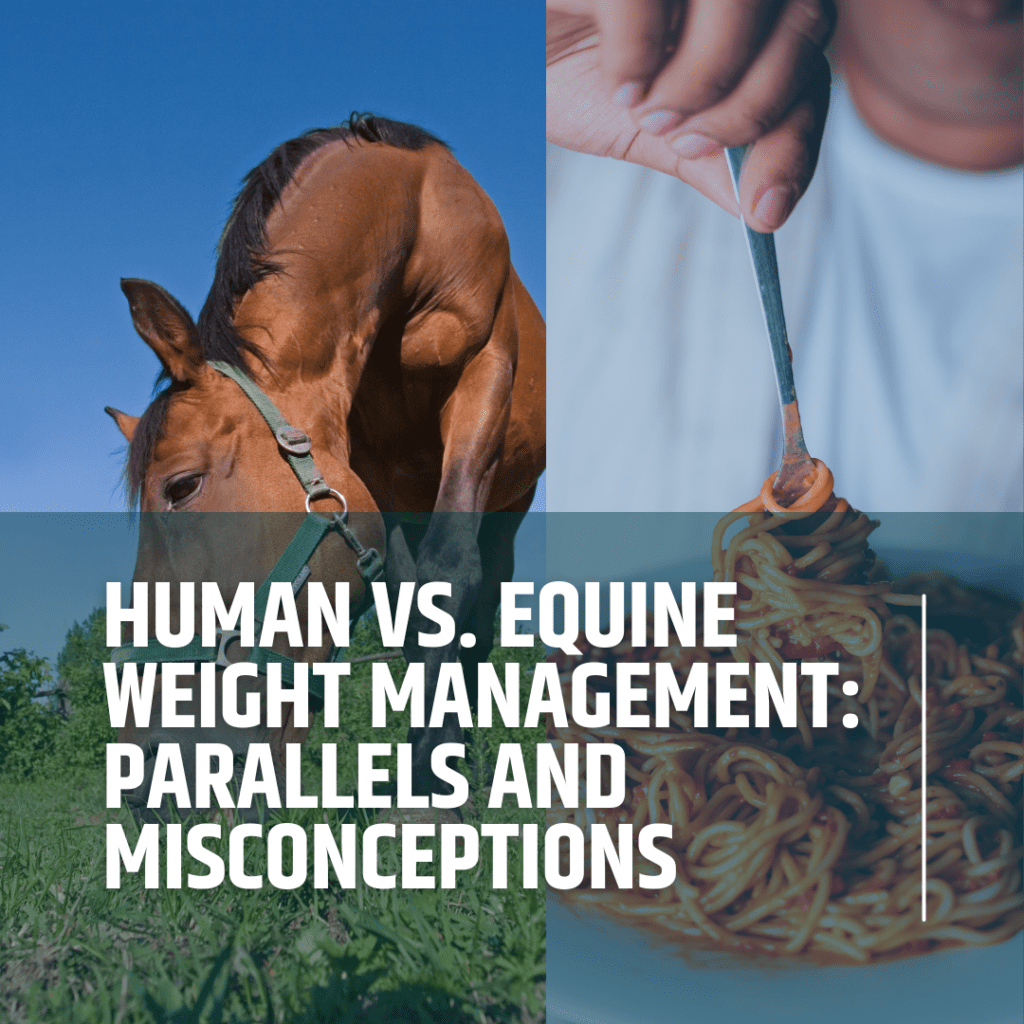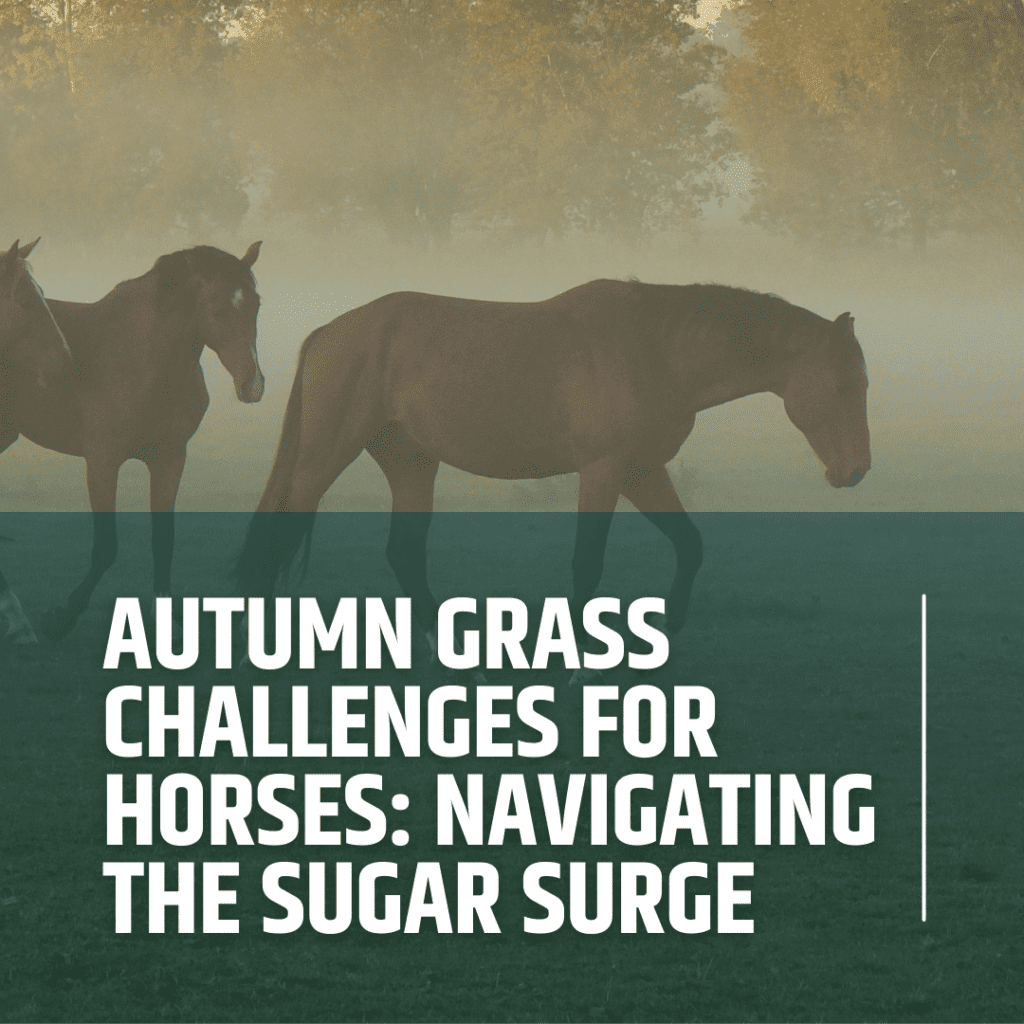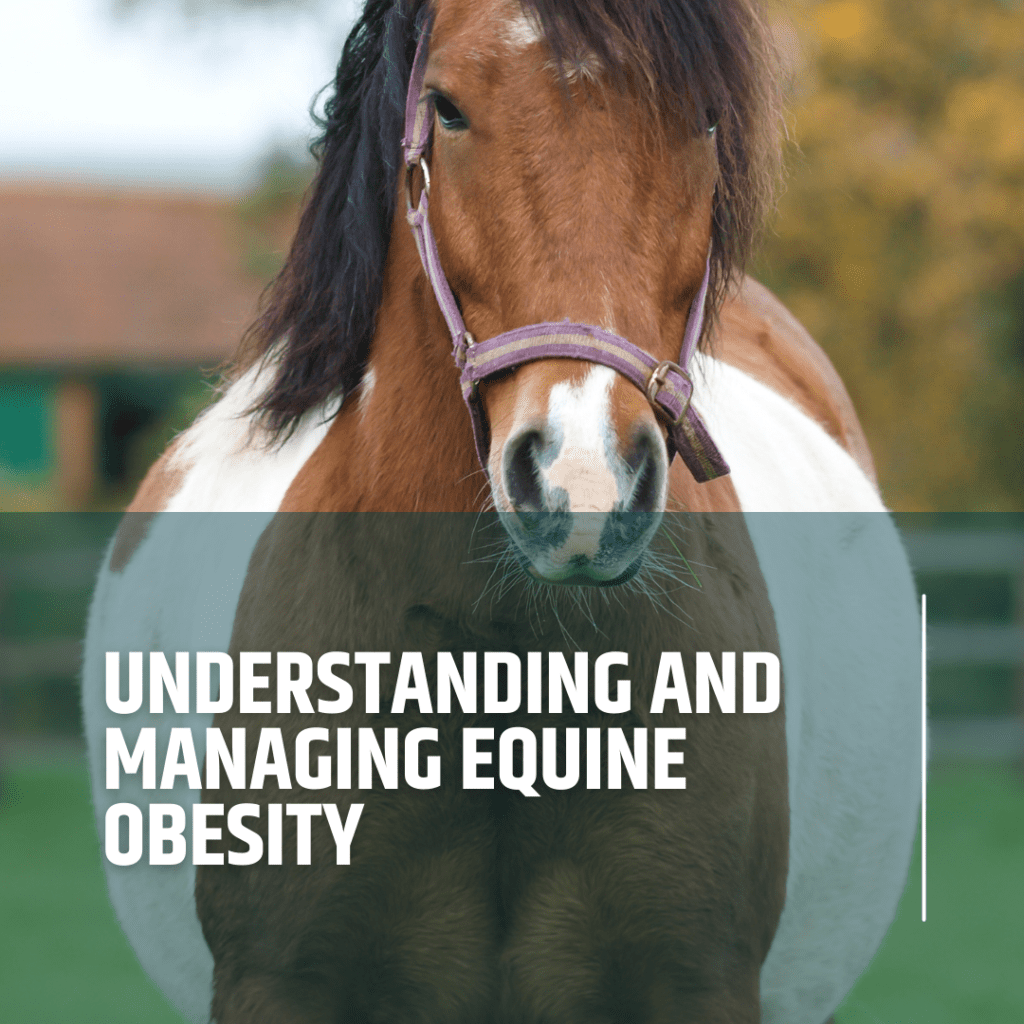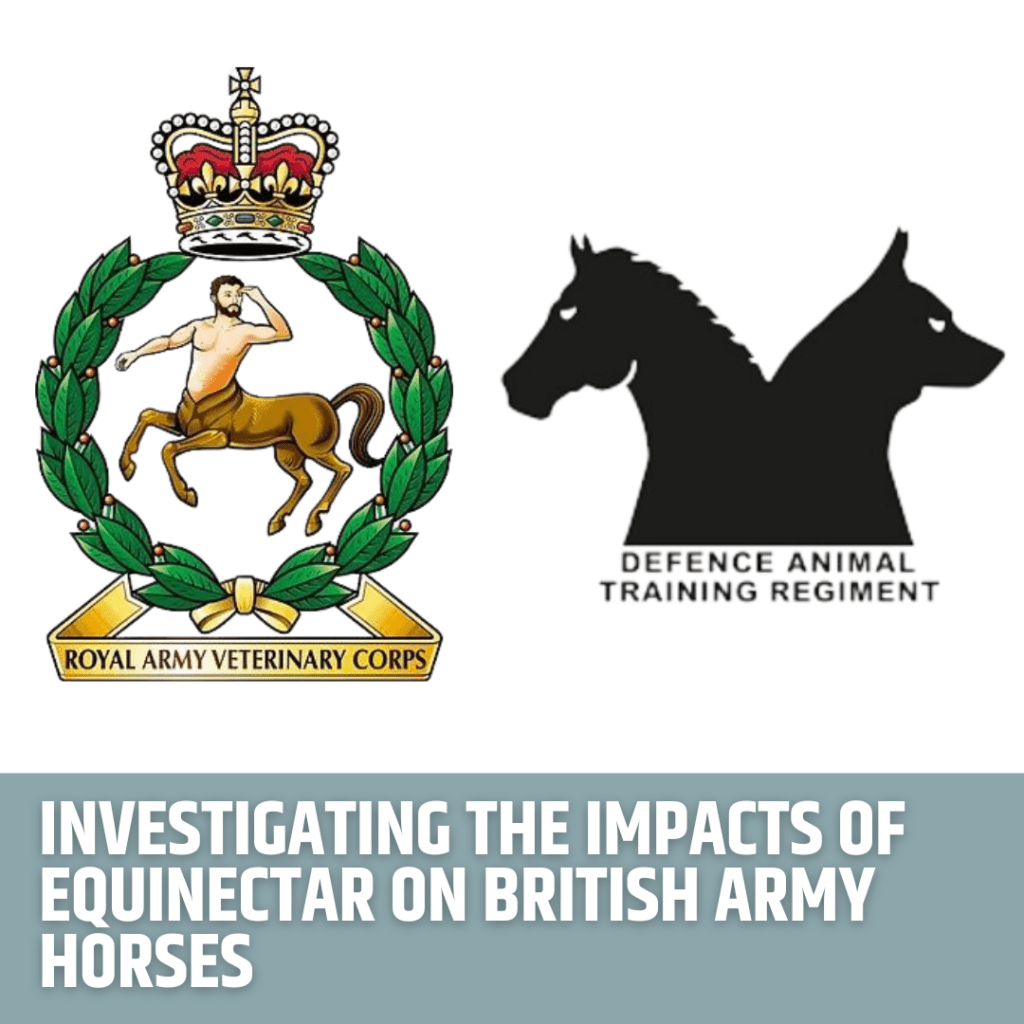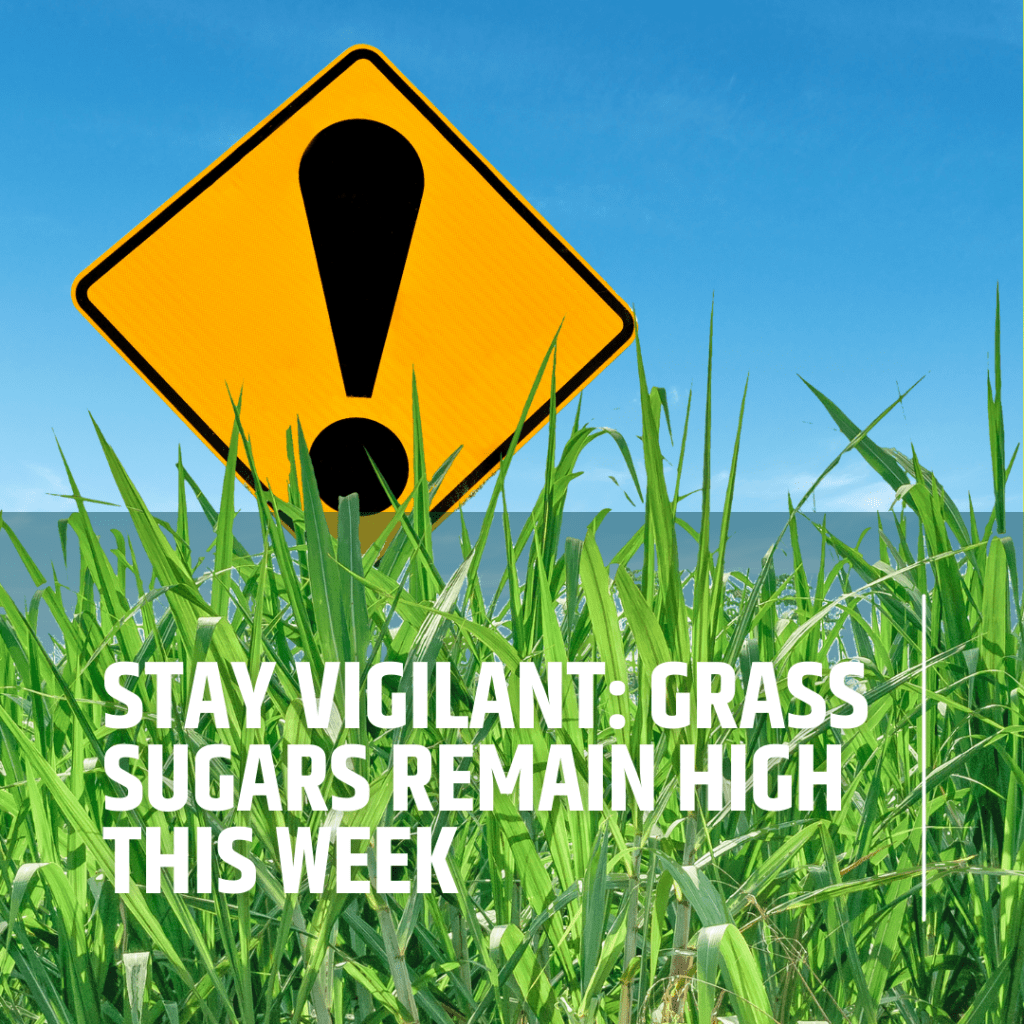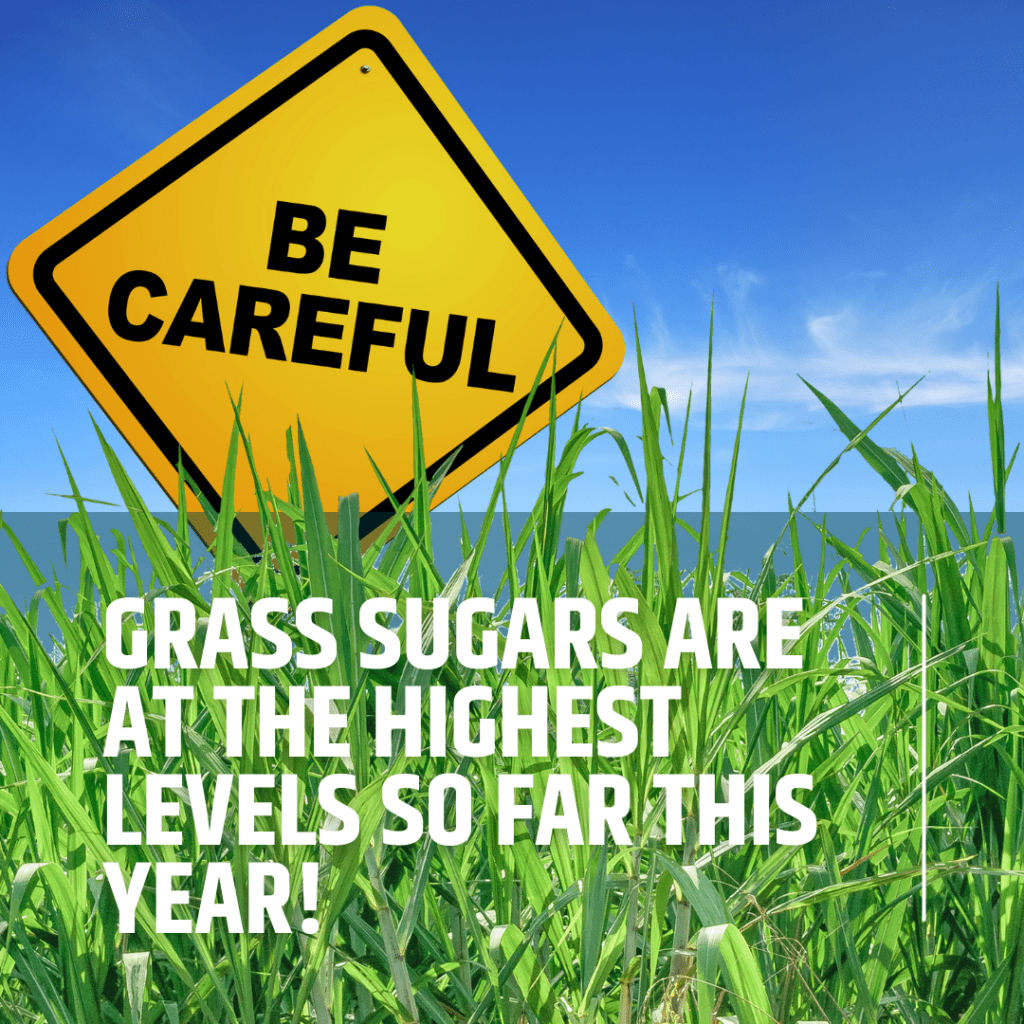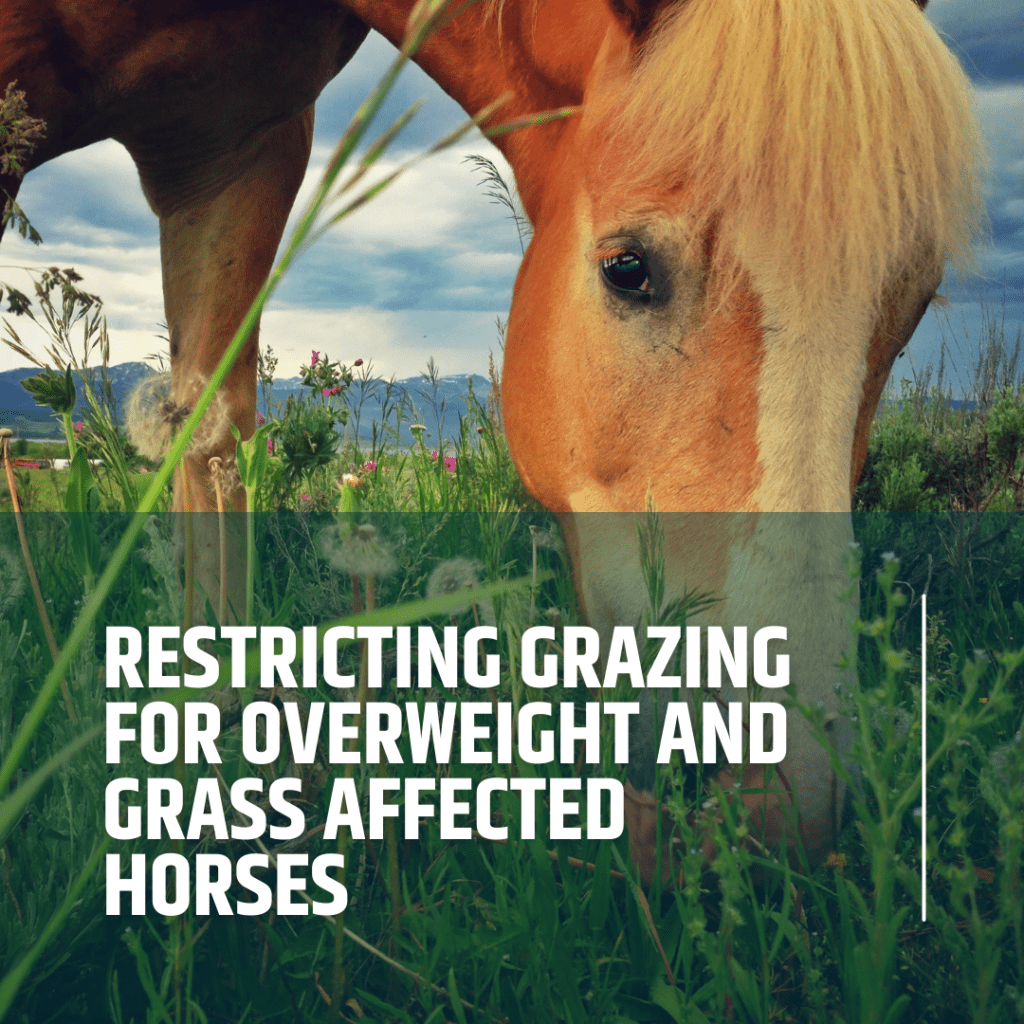Recent data from GrassCheckGB shows that grass sugars are currently at their highest levels so far this year, reaching 11.10% for the week commencing 17th June. This poses potential risks to horses that are sensitive to these fluctuations. High levels of grass sugars can lead to health issues such as laminitis, insulin resistance, and equine metabolic syndrome (EMS). To protect your horses, consider limiting grazing time, using a grazing muzzle, monitoring body condition, providing alternative forage, and using EquiNectar. Stay informed with the latest updates on grass sugar levels and equine health tips at EquiNectar.

